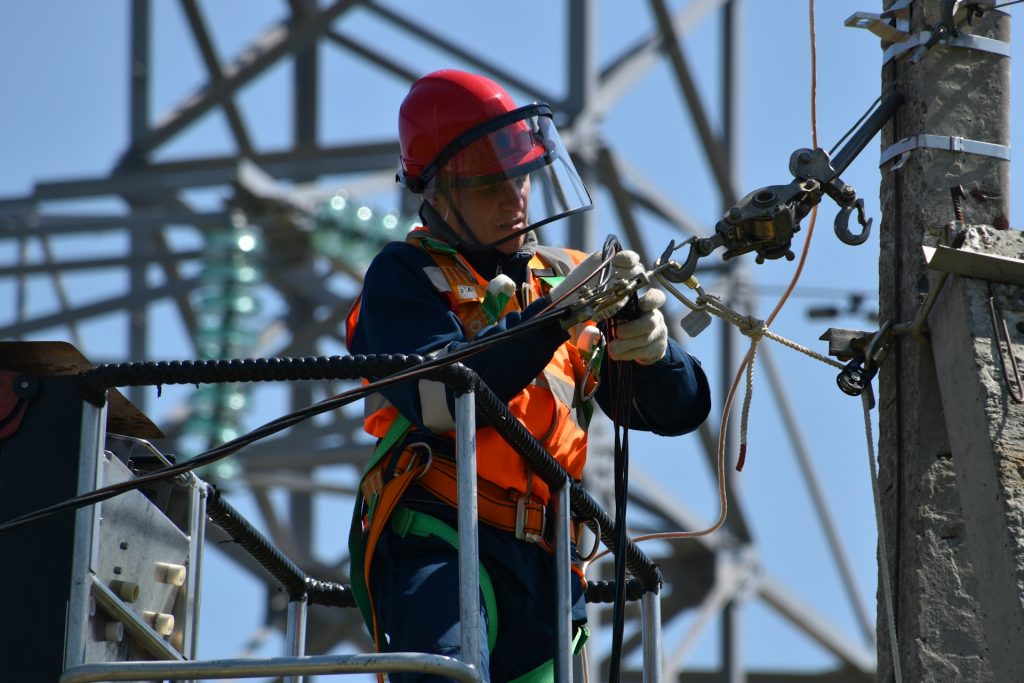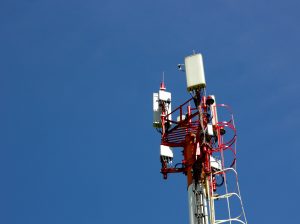Power Crisis: Unscheduled Cuts during Scorching Heat Increase Troubles for City Residents
2 min read
In Gurugram, adjacent to Delhi, city residents are facing double the trouble. The sweltering heat is exacerbated by unscheduled power cuts, leaving many areas without electricity overnight and forcing people to stay awake. Despite complaints to the power corporation’s centres, no action has been taken. Frustrated residents have taken to social media to share their problems and plead for relief from power cuts.
Abhishek Sharma, a resident of Sector-45, wrote on social media that there was no electricity for four hours. Morning tasks are disrupted due to the lack of power. He appealed to the officials of the power corporation through his post. Similarly, Sachin Sharma reported that there was no electricity in Sector-82 since 2 a.m. He had to stay awake all night and mentioned that daily power cuts last six to seven hours during the day.
Rakshit Kapoor, a resident of Sector-67, posted that more than 1500 families in Ansal Esencia have been facing power issues for the past two weeks. Despite complaints, no relief has been provided. The blistering heat combined with power cuts has doubled their problems. Jatin from Rajendra Park reported that they get electricity for only three to four hours during the day, and the unscheduled cuts at night have worsened the situation.
The situation in Gurugram is a reflection of a larger power crisis affecting several regions. The demand for electricity has surged due to the extreme heat, putting immense pressure on the power grid. Power corporations are struggling to balance supply and demand, resulting in frequent unscheduled cuts. These cuts not only disrupt daily life but also pose serious health risks, especially for the elderly and young children.
Residents are also concerned about the impact on businesses. Small business owners, in particular, are facing significant losses as power cuts halt their operations. The lack of electricity affects everything from manufacturing to retail, with many businesses unable to run generators for extended periods. This has led to calls for better infrastructure and more reliable power supply from both residential and commercial sectors.
Educational institutions are another area severely impacted by the power cuts. Schools and colleges are finding it difficult to conduct online classes or maintain a conducive learning environment without a stable power supply. Students are unable to charge their devices, and many institutions lack the resources to cope with prolonged outages.
Healthcare facilities are equally affected. Hospitals and clinics in affected areas are struggling to maintain essential services. While larger hospitals may have backup generators, smaller clinics often do not, leading to disruptions in patient care. The power cuts are particularly problematic for those needing continuous medical equipment, such as ventilators or dialysis machines.





